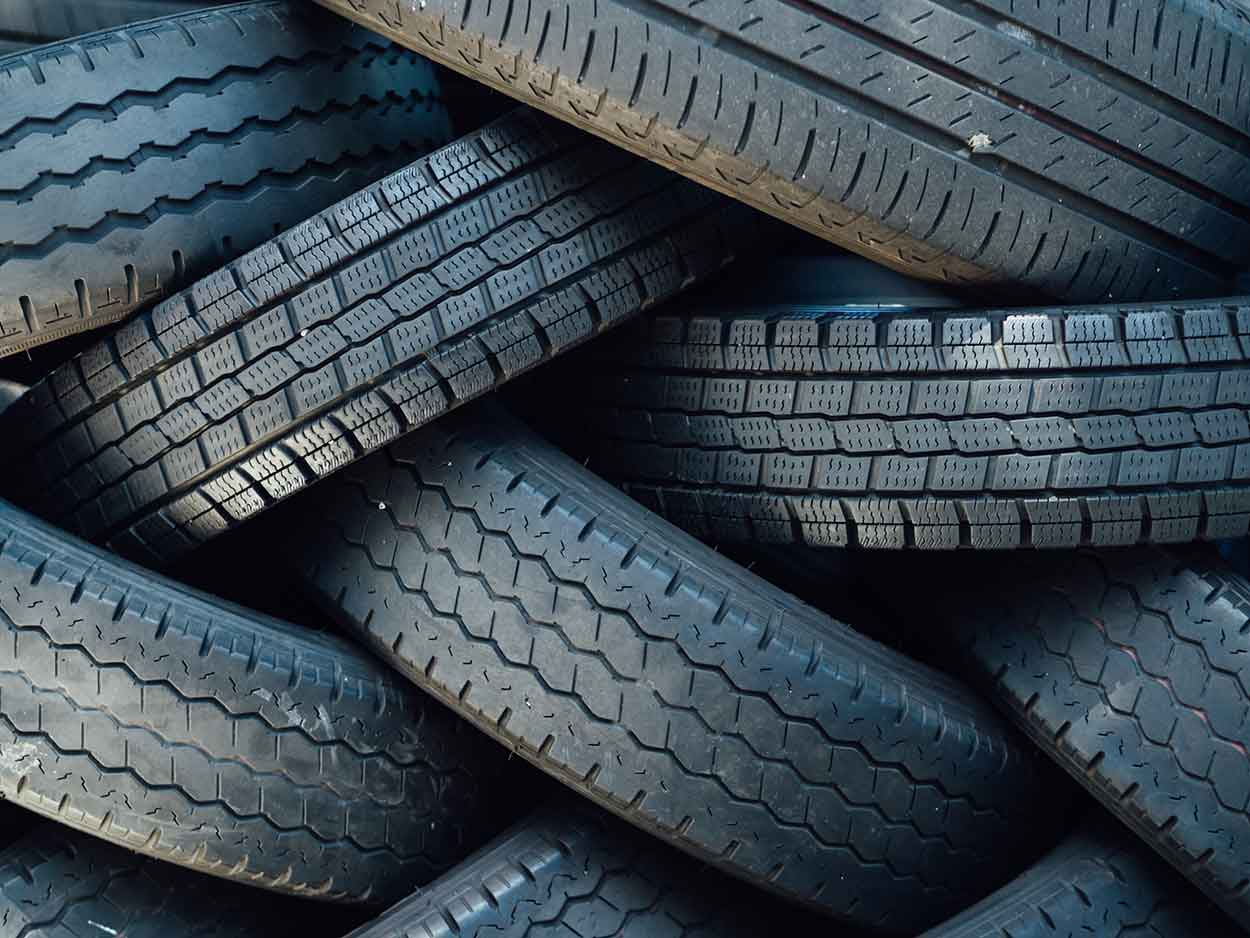It’s almost too obvious to state the importance of your tyres – they are the only connection between your vehicle and the road, and have a huge influence over your driving experience and general safety. However, they are not often given the attention they deserve. According to a Michelin study, 36% of UK drivers are driving around on tyres that are dangerously under-inflated. Tyre pressure is just one aspect of looking after your tyres – there’s plenty more to know about tyre maintenance.
How long do tyres last?
There is no way of knowing how long your tyre will last – the tyre brand, the amount you drive, the conditions of the road and the care you take of your tyres will all have a major impact.
However, there are some general rules to follow:
- After five years of use, you should make regular inspections of your tyres, and at least one annual inspection with a professional.
- After ten years, you should replace your tyres – even if they look to be in good condition
What damages tyres?
Your tyres will receive general wear and tear with age and the amount you drive the vehicle. However, there are additional factors which can increase the damage caused to your tyres.
- Various road condition issues can have a major effect – speed bumps, kerbs and potholes, to name a few.
- Driving habits are the biggest influence that people don’t consider. If you speed and make quick starts or emergency brakes, you will greatly increase your chances of damaging your tyres.
- Improper tyres can have a major affect on their longevity. If you have the wrong type of tyres (i.e. they are not the right size or compatibility for your vehicle) they won’t last for anywhere near as long. Also, this can prove very dangerous!
How do I make sure my tyres are in good condition?
It’s important to regularly make sure that your tyres are in good condition – once a month is a good marker. Here’s a good checklist to follow:
- Check your tyre pressure – you can usually find this in the owner’s manual.
- Check the tread wear – you can use a tread depth gauge (which you can get online) or by looking for signs of tread wear (e.g. any patterns in between the intended grooves of the tyres).
- Check for any signs of damage – you can check your tyres visually for any bumps or punctures and run your hand around the edges for any physical signs of damage.
- Be aware – you should always be sensitive to any changes in your car’s handling and steering, as well as any noises that are out of the ordinary.
When do I need to change my tyres?
You should change your tyres (regardless how they might appear) every ten years. After the five-year mark, you should have your tyres regularly inspected with a professional. However, these are only general guidelines and there are other ways of knowing if your tyres need to be changed:
- The tread (i.e. the depth of the groove in the tyres) is below 1.6mm
- There is a hole in the tread which is more than 6mm in diameter
- There is any damage to the edge of the tyre that sits on the wheel
- There are any changes to steering or handling
Your tyres are one of the most under-appreciated part of your car. Whilst people can often spot a scratch or dent in the bodywork from a mile off, they rarely notice any issues with their tyres. However, it’s absolutely vital that you take good care of your tyres – so make sure you check them!
Require more help?
Got a question you can’t find the answer to, or need some advice and guidance around taking out car finance? Our Car Credit Specialists are friendly, experienced, and here to help so get in touch today!



